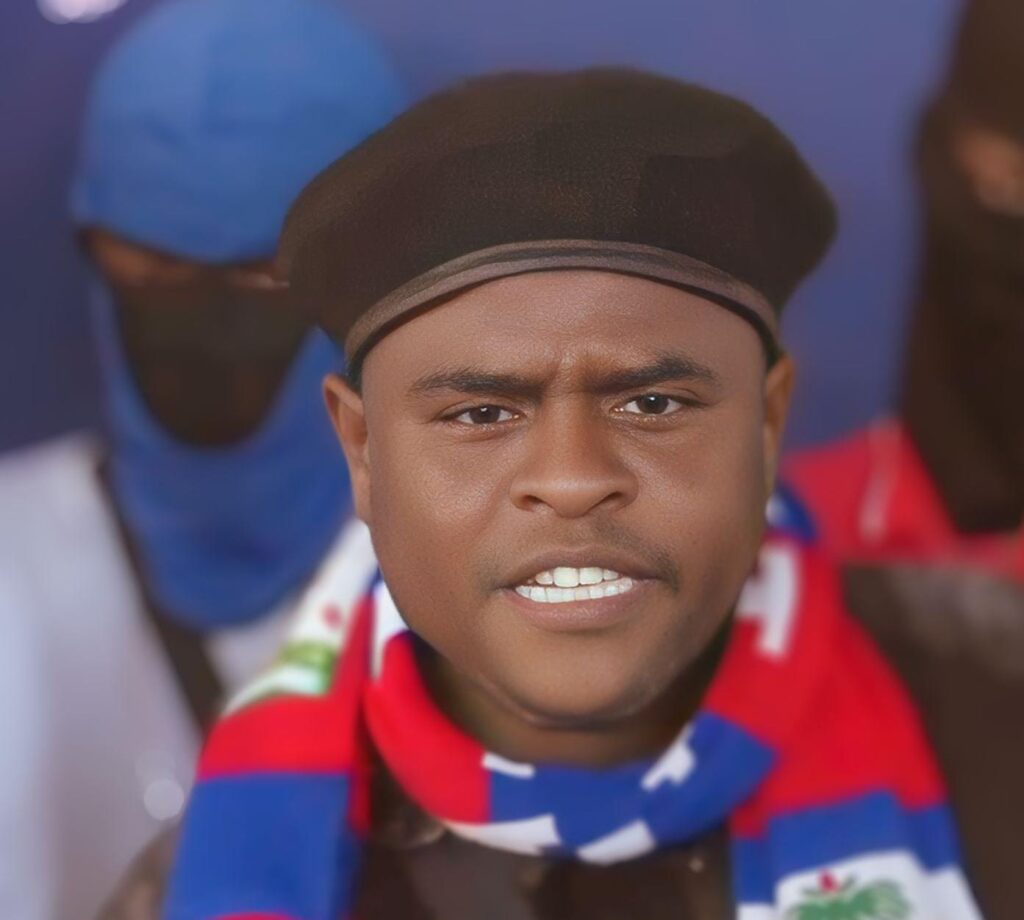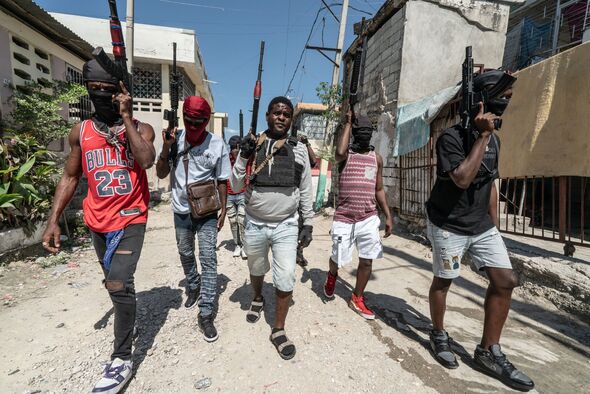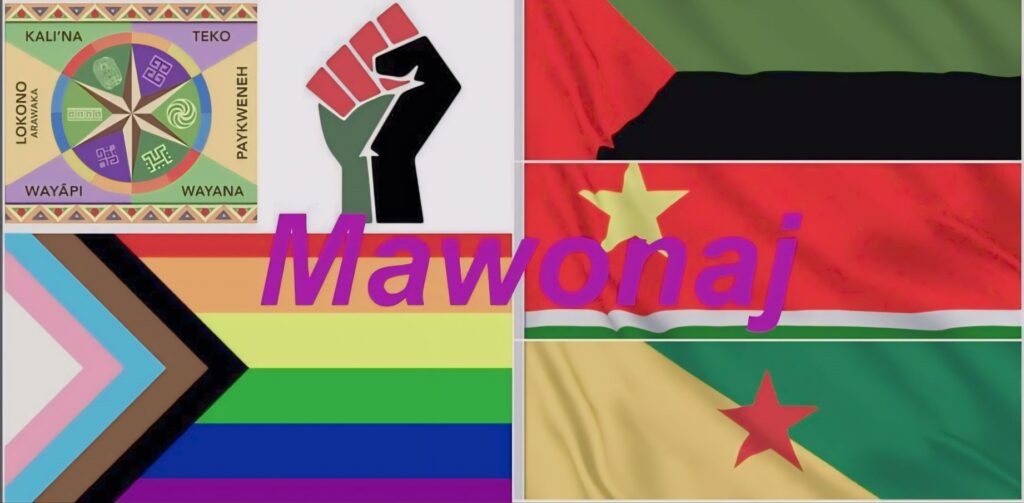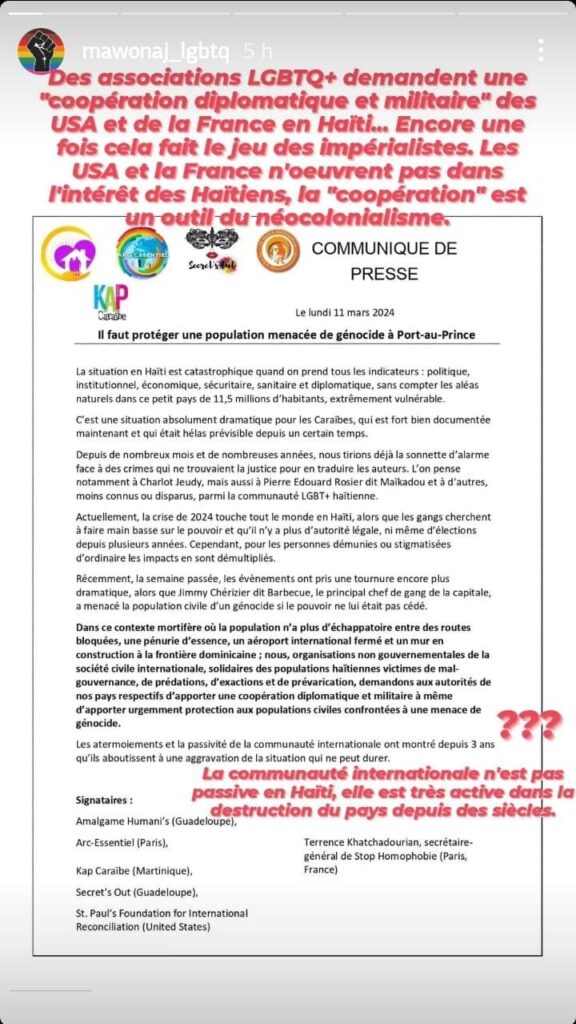Is it wrong to ask former colonial powers to help Haiti?
Colin Stewart is a 45-year journalism veteran. He is the…
Criticism and support for demand that U.S. and France act to help Haiti

Haiti has plunged into a downward spiral of murderous chaos. Armed gangs have seized control of much of the capital city, forced the resignation of the nation’s interim leader, invaded prisons to set free thousands of inmates, besieged the international airport and blocked access to the port.
Kenya has promised to lead a U.N.-backed multi-national police force — but only after a multi-party presidential council is created, which isn’t an easy thing to do. Haiti’s Petit Desalin party has refused to join the council.
Responding to pleas from LGBTQ Haitians, six human rights organizations in mainland France, the French Caribbean and the United States last week issued a call in English and in French for their nations to provide “diplomatic and military cooperation capable of bringing urgent protection to the civilian population faced with the threat of genocide”.

The one American organization signing the appeal was the U.S.-based St. Paul’s Foundation for International Reconciliation, which is the financial sponsor of this news site.
The appeal attracted criticism from the West Indian organization Mawonaj LGBTQ+
Mawonaj stated that the groups’ appeal “plays the imperialists’ game”.
“The USA and France are not working in the interest of Haitians. ‘Cooperation’ is a tool of neocolonialism,” Mawonaj declared
“The international community is not passive in Haiti. For centuries, it has been very active in destroying the country,” the group added.

French-Caribbean activist Moïse Manoël-Florisse, who writes for this news site and who organized last week’s appeal, challenged the Mawonaj position, stating that it is “inappropriate to invoke imperialism or neo-colonialism to discredit those inside and outside Haiti who want to see civilians freed from a daily life of kidnappings, stray bullets and organ trafficking, with extermination as the only future.”
Nations have “a ‘duty to interfere’ when we are aware of a major threat to defenseless civilians,” he said.
The following is his response to Mawonaj, whom he called “decolonial LGBT+ West Indians who share views with Haitian gangs”:

On March 14, 2024, an Instagram page defending Afro-descendant Caribbean LGBT+ people, entitled “Mawonaj LGBTQ+” has come to accuse various civil society organizations in Guadeloupe and Martinique – including Amalgame Humani’s, Secret’s Out and Kap Caraïbe [along with the St. Paul’s Foundation] — of promoting imperialist and neo-colonial rhetoric in Haiti, in a press release co-signed by them on Monday March 11, which expressed indignation at the genocidal discourse of one of the protagonists of the current crisis in Port-au-Prince (Jimmy Chérizier aka “Barbecue”).
This press release constituted an urgent and pressing appeal to protect vulnerable civilian populations from genocide, due to threats made by the leader of the most powerful gang in the Haitian capital (Port-au-Prince).
More precisely, this press release invites the signatory associations to raise the awareness of their respective governments, as well as public opinion, with a view to finding, through diplomatic and military cooperation, levers to protect local populations in the face of imminent, potential or possible threats of mass exactions.
While international law does indeed enshrine the notion of sovereignty in Article 2§7 of the United Nations Charter, from a moral point of view, there is a “duty to interfere” when we are aware of a major threat to defenseless civilians, while the Haitian police have long since lost control of the situation.
And in this sense, associations of all nationalities are playing their part when they demand that everything possible be done to avoid carnage in Port-au-Prince, including the use of force to disable those who threaten to indiscriminately attack the Haitian population.
While it is well known that Haiti was once a French colony, and that the United States occupied the country at the beginning of the 20th century (1915-1934), giving way to policies of influence or interference depending on the period; in the current context, it is inappropriate to invoke imperialism or neo-colonialism to discredit those inside and outside Haiti who want to see civilians freed from a daily life of kidnappings, stray bullets and organ trafficking, with extermination as the only future.
Finally, it is deplorable that this accusatory rhetoric makes the bed of those who thrive on the deadly chaos of Port-au-Prince, namely the gangs and drug traffickers who ask for nothing less, taking advantage of the anarchy.





